Online Counseling and Mental Health Facility for Mental Health issues associated with COVID 19 at University of Mumbai
The COVID 19 outbreak has unprecedented impact on the world as well as India. The impact is on physical health, economy, social activities, … you name it, and that walk of life is affected. The outbreak is rising in a exponential manner. World is grappling with COVID19 outbreak. It has resulted in a nationwide lockdown in India and in many other countries. The outbreak is causing mental health issues for many. They are finding it difficult to deal with the anxiety, uncertainty, and feel depressed and vulnerable. The WHO has also recognized the impact of COVID19 on mental health of people and at risk populations.
The Department of Applied Psychology, University of Mumbai is offering online mental health support to deal with the psychological impact of the COVID19 outbreak. The counseling service shall be offered online through web-based counseling format. The Department of Applied Psychology and Counseling Center of the University shall host this service. Dr. Vivek Belhekar, Associate Professor at the Department has conceptualized the facility and shall coordinate the same. He explained that all faculty members are part of the counseling program. The department, using WHO, APA, and other professional guidelines, has developed a COVID19 counseling protocol. An intensive and exhaustive online training of all the faculty members has been conducted to deal
with the specific issues associated with the COVID19 outbreak. Dr. Wilbur Gonsalves and Dr. Umesh Bharte have contributed significantly to develop web-based counseling protocol.
Counseling Process
The counseling process should happen in three simple steps. It involves online registration of the counseling request, online
psychometrics assessment of counselee, followed by online counseling. Those who have registered shall receive a link for sychometrics assessment and counseling. He further added that the counseling shall be available in Marathi, Hindi and English.
What you have to do…?
1. Filling the intake form (https://forms.gle/Uhb5f2SPfEC8YL39A)
2. Download Google Meet application on your phone or use computer with internet connection.
3. Respond to psychological tests on the link sent to you.
4. Talk to the counselor at the link sent to you.
You have to fill out the form below to avail the counseling facility. You will then be given time based on the availability of the counselor in the time you choose. For this you want to download the Google Meet the application on your phone or computer with an Internet connection. This allows you to talk to a counselor.
Additional Resources
The facility has developed information handouts that refer to various mental health issues and easy to implement solutions for large number of psychological problems. They include emotional issues, work from home and productivity related issues, children and senior citizens related issues, and many more. Considering the linguistic diversity, these handouts are available in Marathi, Hindi, Gujarati, Bengali, Kannada, and English. The population that is not seeking counseling as well can use them.
Encouragement
Professor Suhas Pednekar, Vice-Chancellor of the University expressed that ‘the counseling facility if much needed timely
initiative’ Professor Kulkarni, Pro-Vice Chancellor of the university said that ‘I am glad the University department has stepped forward to the national call’.
Professor Satishchandra Kumar, Head of UDAP expressed that ‘this is collective effort of the oldest applied psychology
department for the wellbeing and mental health of the society’.
Register yourself:
The link for registration is Click on the link to contact us: https://forms.gle/Uhb5f2SPfEC8YL39A
Respond
Please write to us with your suggestions, Feedback, and response.
Email us at covid_psysupport@psychology.mu.ac.in
To make an appointment with a mental health counselor, click here
Coordinator: Dr. Vivek Belhekar, Associate Professor, Department of Applied Psychology, University of Mumbai


